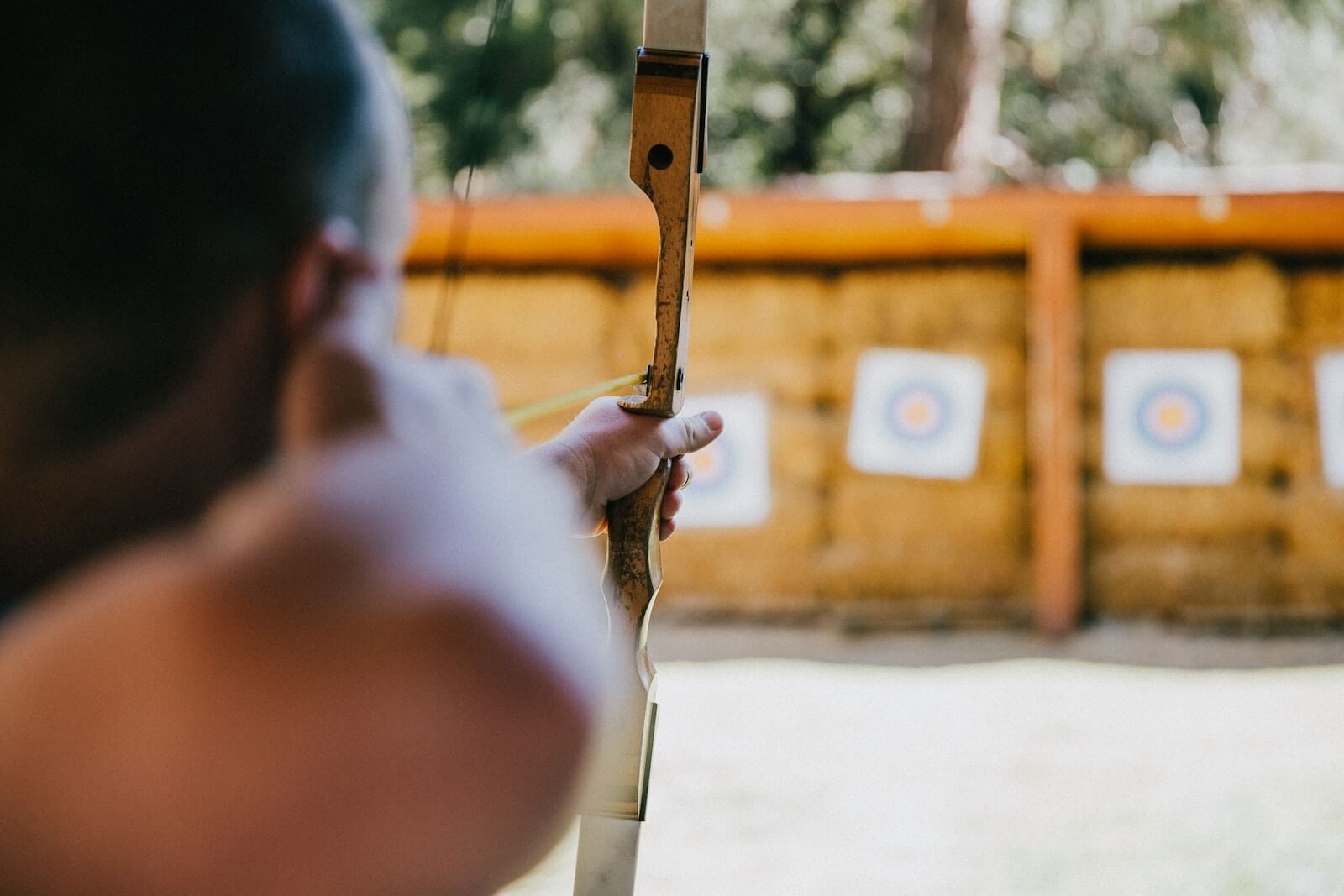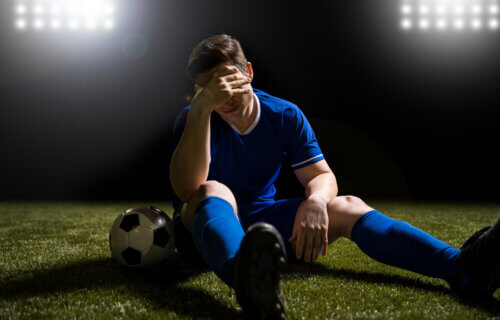SINGAPORE — From a penalty kick in soccer’s World Cup to the seventh game of baseball’s World Series, pro athletes can face an unimaginable amount of pressure to perform at a high level. While most athletes claim that they work better under pressure, a study examining the 2020 Tokyo Olympic Games found that psychological stress actually worsens performance — no matter how big of a superstar you are.
“We found that high contactless real-time heart rate is associated with poor performance,” says Yunfeng Lu of Nanjing University and Songfa Zhong of the National University of Singapore in a media release. “This suggests that even the best professional athletes are negatively influenced by psychological stress, even though they are generally well trained to cope with pressure.”
The Tokyo Olympics were unique for two reasons. They were the first Olympics held during the COVID-19 pandemic and also the first athletic event to measure the heart rates of world-class archers during competition. The World Archery Federation, in collaboration with Panasonic, measured the heart rates of athletes using frame-rate cameras used to detect skin reflectance. The cameras are designed to measure a person’s heart rate with a 96-percent accuracy rating — similar to a pulse oximeter or electrocardiogram.
Each individual archer shot a certain number of arrows at a target, with a 20-second time limit for each shot. Archers could earn up to 10 points for every perfect bulls-eye shot, with points decreasing the farther an arrow landed from the target center. In total, the team studied the heart rates of 122 male and female archers as they took 2,247 shots.

Archers whose heart rates were higher before taking a shot consistently had lower scores on those shots. Though the authors found that age and gender did not significantly influence the relationship between stress and performance, other factors associated with the competition did.
Lower-ranking archers and archers shooting second in their match were more likely to perform worse if they had increased heart rates during the event. The study authors also noticed a strong relationship between stress and performance as the matches were close to finishing. They suggest the worsening scores may have come from the increased pressure athletes face as they progress in the competition.
“Elite athletes usually receive training to manage psychological stress, but our results suggest that they continue to be subject to the influence of psychological stress,” Lu and Zhong write.
Not only does this study show real-life evidence of how psychological stress affects performance outcomes, but it also shows the effectiveness of these high-frame-rate cameras for collecting health information.
“This method could become increasingly important in diverse settings, ranging from sports and business to mental health and medicine,” the researchers conclude. “In this regard, our study can be viewed as a proof of concept by showing that contactless real-time heart rates captured psychological stress.”
The study is published in the journal Psychological Science.
You might also be interested in:
- Price of perfection: Athletes obsessed with avoiding failure risk burning out
- Why are some people naturally stronger athletes? It mostly comes down to genes
- Most Americans say pandemic stress ruined their bedroom performance

